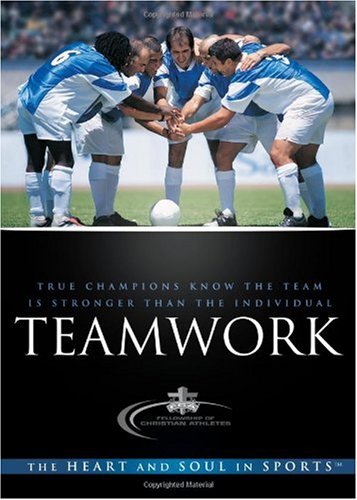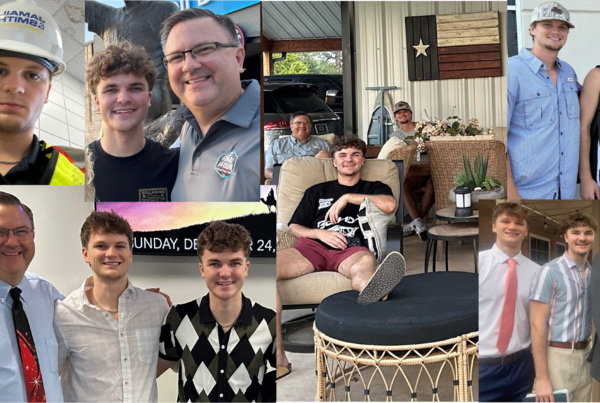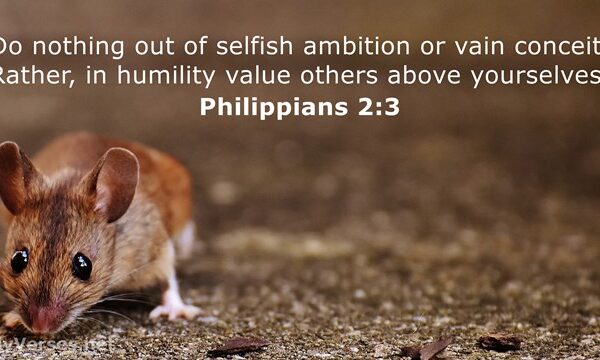
We’ve been watching a lot of the Summer Olympics the last couple of weeks, and it’s exciting to see athletes perform at their peak. It was especially exciting to see Michael Phelps rack up more gold medals this year. And, even more, it was fitting that his final gold was won as part of the 4×100 relay. After the race, he even reflected on how special it was being part of a great team.
Last month, I picked up Teamwork: The Heart and Soul in Sports compiled by the Fellowship of Christian Athletes—what appeared to be a FCA Camp Book—and read it while watching the Olympics this month.
There are several good lessons here, aligned with two of my leadership tips: “Everyone Contributes…Success Takes a Team” and “Help Others Win.”
Click here to learn more.




